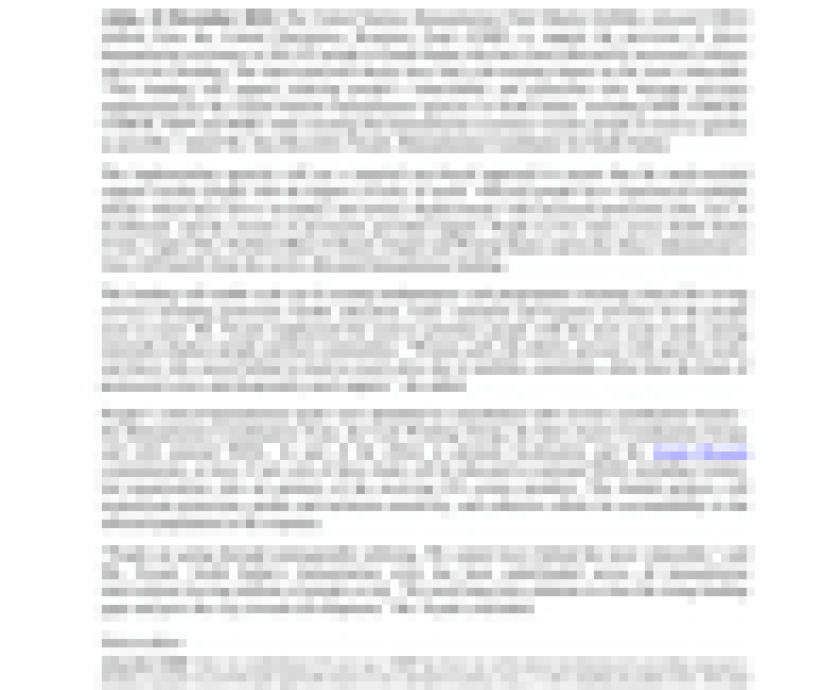Click to expand Image
A vehicle burned during ethnic violence in Imphal, Manipur, India, May 4, 2023.
© 2023 AFP via Getty images
(New York) – Indian authorities should immediately and impartially investigate ongoing killings by ethnic groups and security forces in India’s northeastern Manipur state and work with community leaders to restore security, Human Rights Watch said today. Renewed violence on May 28, 2023, resulted in the deaths of five people, including a police officer, in separate incidents.
Violent clashes, largely between the ethnic Meitei and Kuki communities, have left at least 70 people dead and 35,000 displaced, and destroyed over 1,700 houses, according to media reports. The Manipur government has ordered an extension of restrictions on internet services, in place since May 3, until at least May 31. Manipur’s chief minister, N. Biren Singh, said that security forces have killed 40 alleged militants from the Kuki tribal community, a claim local groups dispute.
“The violence in Manipur state since early May has left communities devastated, and it’s crucial for the government to restore order in a rights-respecting manner and hold to account those responsible for abuses,” said Meenakshi Ganguly, South Asia director at Human Rights Watch. “Accounts of partisan involvement by security forces in the killings has increased distrust of the authorities, who should work with community leaders to end the violence.”
The violence in Manipur erupted on May 3, after thousands of people from tribal groups protested plans to give the majority Meitei community protected status as a Scheduled Tribe, asserting that the community already enjoys advantages in the state. The classification, a form of affirmative action to correct historical and structural inequity and discrimination, provides quotas in government jobs and college admissions.
The Manipur High Court had directed the state government in April to consider including the Meitei community in the Scheduled Tribes list. Meitei representatives say that they are not able to buy land in areas occupied by tribal groups, and told the court that the Scheduled Tribe status would help preserve their community and “save the ancestral land, tradition, culture and language.”
The protest, which included Kukis, one of the larger tribal communities in Manipur, who live primarily in hill areas, turned violent with clashes between various ethnic and religious groups. Some looted weapons and ammunition from police stations, which made the clashes even more deadly.
Tensions had been simmering for several months between the Kuki community, which is predominantly Christian, and the Bharatiya Janata Party (BJP)-run state government. The BJP promotes Hindu majoritarianism and most Meiteis are Hindu. Local activists accused groups affiliated with the government of targeting Kuki properties, businesses, and churches.
“The BJP is playing divisive politics in the state because of its own ideology,” one activist told Human Rights Watch. “Even Christian Meiteis are being targeted.” The authorities had earlier evicted tribal villagers from forest areas, accused Kukis of illegal poppy cultivation and of being “outsiders,” and ordered the demolition of three churches in Imphal, saying they had been constructed illegally.
Following the recent violence, 10 Kuki legislators–including 8 from the BJP–called for a separate administration for the hill areas, saying “the state of Manipur has miserably failed to protect us.”
The Christians Goodwill Council in Churachandpur district in Manipur reported that over 200 churches have been burned or destroyed in the violence between May 3 and 15. Kuki community members have accused the police of siding with the Meitei community, alleging they did not protect them, and at times, even joined the mobs. The Manipur police has denied any bias.
The Manipur violence prompted United Nations High Commissioner for Human Rights Volker Türk to say that the Indian government should “respond to the situation quickly, including by investigating and addressing root causes of the violence in line with their international human rights obligations.”
The Manipur government’s complete internet blackout has severely hindered information gathering and reporting by the media and civil society groups. The Editors Guild of Manipur and All Manipur Working Journalists Union called on the government restore internet services.
Human Rights Watch has repeatedly urged the authorities throughout India to end broad, indiscriminate internet shutdowns. The shutdowns undermine a range of fundamental rights including to receive and impart information, express views on political issues, contact relatives, access medical care, and conduct e-commerce, online banking, and other economic activities.
The Manipur government said that shutting down the internet was necessary to stop the “spread of disinformation and false rumours” and to prevent “mobilization of mobs.” But, as UN human rights experts said in a 2015 Joint Declaration on Freedom of Expression and Responses to Conflict Situations, even in times of conflict, “using communications ‘kill switches’ (i.e. shutting down entire parts of communications systems) can never be justified under human rights law.”
Human Rights Watch said that the local authorities in Manipur should abide by the UN Basic Principles on the Use of Force and Firearms by Law Enforcement Officials, which provide that security forces use the minimum necessary force at all times. In dispersing violent assemblies, firearms may only be used when other less harmful means are not practicable but must still be used to the minimum extent necessary. Law enforcement officers may only intentionally resort to lethal force when strictly unavoidable to protect life. When death or serious injury occurs, a detailed report should be promptly sent to the competent authorities.
“The Manipur authorities need to respond to the undeniably complex situation by addressing the concerns of local communities impartially and with maximum restraint from the security forces,” Ganguly said. “Labeling members of a community militants and shutting down the internet can fuel further violence through rumor and fearmongering.”



